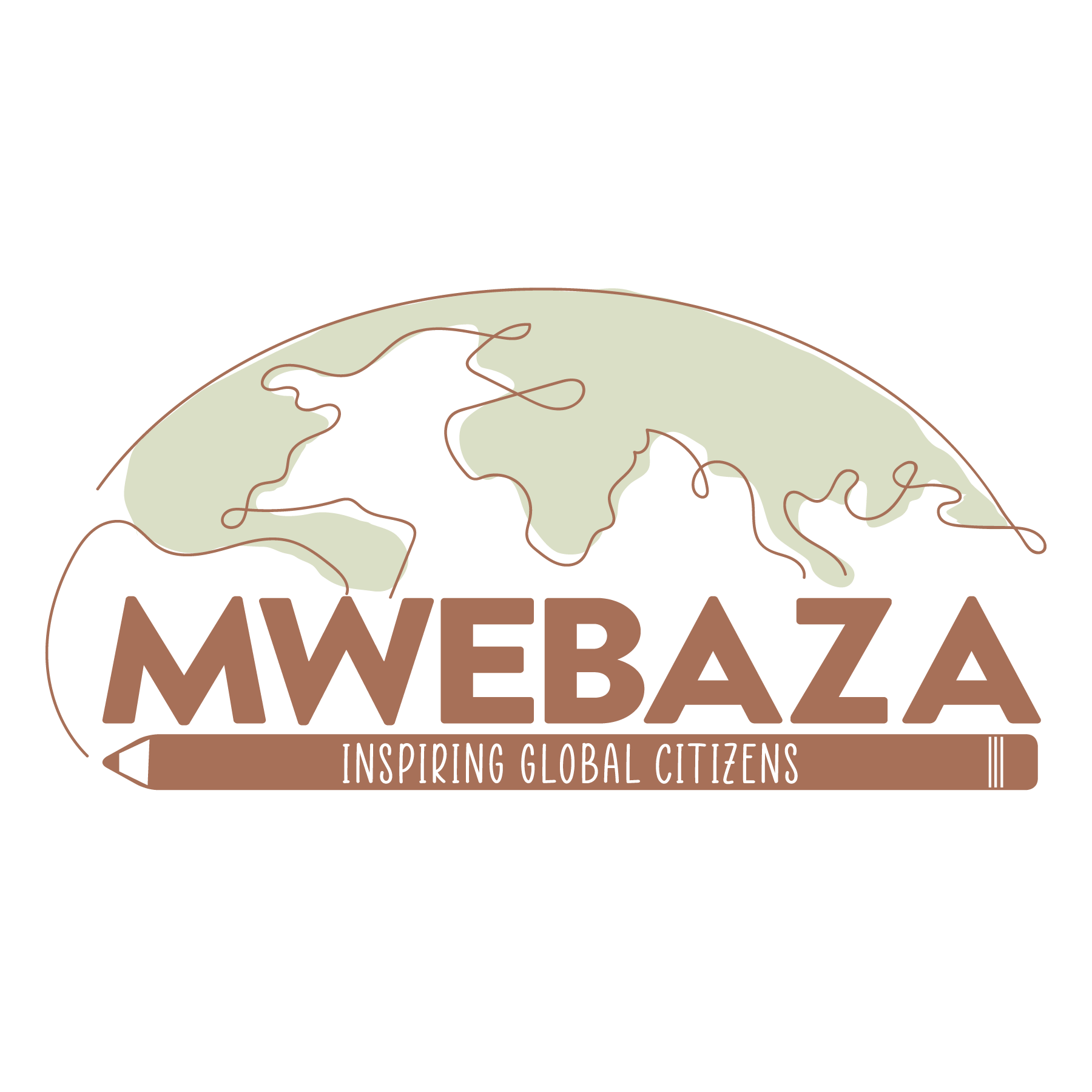Rethinking Global Education: How Ancient Wisdom Shapes Modern Learning
What if education were designed around introspection, collective memory, informed action, and transformation? What if students engaged in dynamic learning experiences that go beyond standardized testing and static skills to thrive in an ever-changing world?
At The Mwebaza Foundation, we've spent years refining our cross-cultural education model between Colorado and Uganda using The Nahui Ollin Framework—an Indigenous Aztec cosmological learning model that centers four interconnected principles aligned with cardinal directions.
Why This Matters Now More than Ever
Traditional educational models often prioritize knowledge acquisition first, at the expense of personal exploration and cultural understanding. The Nahui Ollin flips this script by making self-awareness, cultural identity, community engagement, and social responsibility the foundation of learning. We think our world could use a lot more of this.
Here’s how it looks in our partner school classrooms:
North - Tezcatlipoca (The Smoking Mirror): Students practice introspection and discover themselves. To discover their own personhood and belonging, the youngest students learn to recognize and understand simple attributes about themselves, who they are, what has shaped them, and how they are connected to others.
Result: 90.6% of students in Colorado explicitly express positive self-identity in their work.
East - Quetzalcoatl (Precious Knowledge): Students explore collective memory and critical consciousness. Activities focus on understanding the interconnectedness of communities, cultures, and the past. These activities help students to understand how the perception of self and others continues to shape who they are and their worldview.
Result: 73% of students in Colorado discuss both internal and external aspects of identity, connecting personal history to broader cultural narratives.
South - Huitzilopochtli (Hummingbird to the Left): Students create change through informed action. Through the process of self-discovery, students explore how they can take meaningful steps to create change from a place of understanding—within their communities, their country, and the world. They engage in a self-reflection activity to express their unique abilities and lived experiences, considering how these have shaped their personal growth over the years.
Result: 45% of students in Uganda and Colorado identify specific community concerns AND actionable solutions they can implement.
57% of all students were also able to express a value that shaped their identity and how this value will help them be a global citizen.
West - Xipe Totec (Shedding What Prevents Growth): Students undergo personal transformation through reflection and rediscovery. After engaging in the process of self-reflection to consider how they’ve grown, students complete lessons that focus on being mindful throughout life transitions from childhood to adulthood and intentional forward-thinking processes.
Result: 56% of Ugandan students express aspirations for community-supportive careers (nursing, teaching, medicine).
How does this impact students as they matriculate?
Our grade-specific curriculum progresses developmentally:
Pre-K to 1st Grade: Self-discovery and belonging within families and communities. Students make and draw portraits of themselves and their families to explore their unique identity and lived experiences.
2nd to 3rd Grade: Understanding the similarities and differences of others’ worldviews, and recognizing the interconnectedness of local and global communities through the value of Ubuntu. Students create self-portraits that share internal and external aspects of themselves and create a group puzzle made of individually decorated pieces.
4th to 5th Grade: Using this foundational knowledge of self, family, values, and interconnectedness to identify issues and explore solutions with and for their communities. Students create art projects to share how they can use their unique talents and passions to address social and environmental issues they care about and brainstorm ways to make positive change.
Middle School: Reflecting on personal transformation with global-citizen mindsets that are considerate of all people. Students create art projects that link their knowledge of self and newfound perspectives to their desired future paths.
Through annual "Mwebaza Days", student-led clubs, and art project exchanges between Uganda and Colorado students, thousands of children engage with this framework not as abstract philosophy, but as lived practice.
The Broader Implications
As educators and organizations grapple with how to prepare students for an increasingly interconnected world, perhaps the answer lies not in adding more content, but in fundamentally shifting how we approach learning itself.
By centering Indigenous knowledge systems, we're reclaiming holistic approaches to education that Western models often marginalize. We're proving that cultural humility, critical consciousness, and ethical global citizenship aren't soft skills—they're essential competencies needed if we want to bring about a more just world.
What would school look like if we designed curricula around who students are becoming, not who the economy needs them to be?
The Mwebaza Foundation connects students in Colorado and Uganda through cross-cultural education grounded in the Nahui Ollin framework. To learn more about bringing this model to your school or supporting our work, visit www.mwebaza.org
#GlobalEducation #IndigenousKnowledge #CrossCulturalLearning #EducationalInnovation #SocialEmotionalLearning #CulturalCompetency #GlobalCitizenship #TransformativeEducation #Mwebaza #Uganda #Colorado
